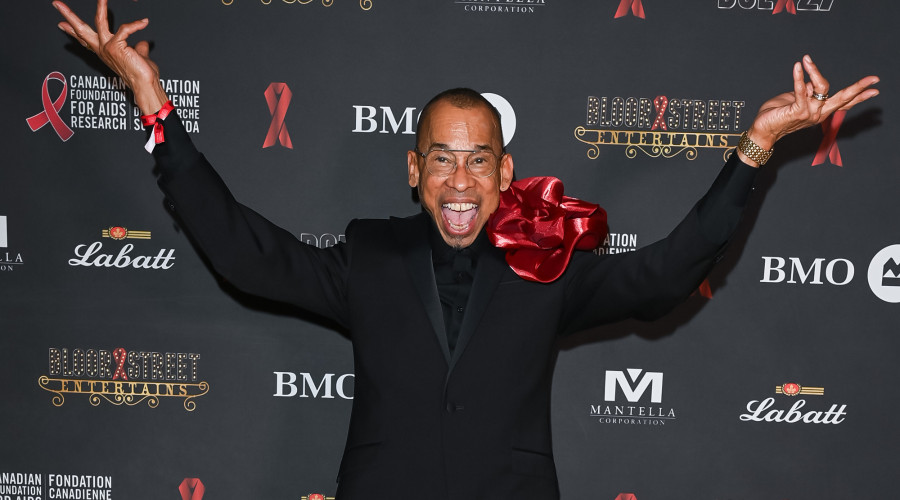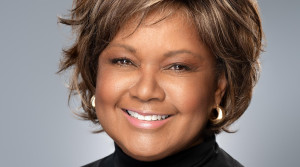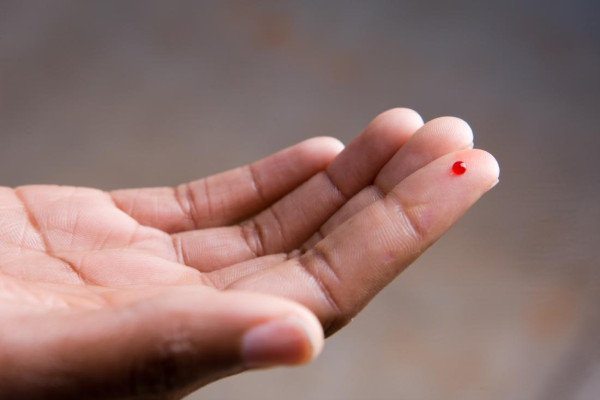I just thought, ‘not me, this definitely couldn't be happening to me’. I'm prominent. I'm big. Things are happening and here this darkness is over my head. I felt bad. I was scared, frightened. I was also frightened of what people would think of me. It can take over your body and change your body. There was just a big fear and fear is not good. Fear will make you hide.”
Newton kept the diagnosis private and carried on with his music career. Three years after finding out his status, he released his biggest Canadian chart hit "I Can't Take It", as well as the Celine Dion duet "Can't Live With You, Can't Live Without You" and snagged himself a second Juno for best R&B/soul recording.
It was 14 years later, as he was shooting a documentary with Sylvia Sweeney on VisionTV, that he decided to stop hiding. The documentary titled, Centre Stage Chronicles, documented the lives and performances of artists and entertainers from a multitude of Canadian cultures. Davis recalls spontaneously revealing his diagnosis and didn’t even feel ready to speak on it. Despite those concerns he now feels it was the best thing he could do at that time and the audience response was positive.
“It just kind of brought it all home to me because I felt like it was time to talk about this.”
Davis admits he was more worried about the stigma around being HIV positive than efforts being made to find a cure. “After I did that documentary, it was easier to talk about [being HIV positive] because I had been exposed in that sense.”
“The beautiful thing now that I really get joy from is talking about it and hopefully someone will hear my story and not fall into that trap of that. I hope that young people will take care of themselves. Even though there's PREP be careful, be cautious, know what you're doing. [Having HIV] is not the end of the world.”
Davis shares that in some ways HIV is a minimal concern to him. He is healthy, doesn’t need to see the doctor frequently and has actually had other issues like pneumonia - something somewhat common - being a bigger issue than HIV.
In regards to the stigma Newton-Davis has felt, he admits that he didn’t want anyone in the music industry to know. “In the music business, it was a very uncomfortable feeling. Then I got involved in the dance world and it made a difference. The art world is just more open to knowledge about these things.”
Newton-Davis went on to win a JUNO in 2008 for Best Dance Album for All You Ever Want.
His tenacity and successful music career is attributed to his family, who owned a record store and surrounded Newton-Davis with music. His earliest memory of performing is at the age of five. He can still remember his mother feeding him lyrics at church that he couldn’t retain. Later in life, Newton-Davis did local theatre, commercials, modelling and the entire time his parents were supportive. “They allowed me to be who I am. I was the only child and my grandmothers, my grandfathers, my aunts, my uncles and my cousins, all just knew that I would do this. “My mom always told me ‘Never lose your joy’”.
{https://www.youtube.com/watch?v=HXQkQxDSsMI}
“A very big element of having joy and having a good outlook and being positive is really what endures, and gets you through it. Silence equals death. My career has afforded me that and that’s the wonderful part of it. I have some really fine doctors behind me, a loving partner who is negative and my loving friends I always had. Being HIV positive motivated me to express myself in a different way, to talk about it, to let people know this is not the end all be all. There are finally some drugs out there that will help.”
“I also think that participating [in community] and being involved helps because you get the joy of helping others. People have a real issue in dealing with this, as you know, there's the ups and the downsides to it. HIV has been very trying on Black people and people of colour. I don't think that they've had access to all the drugs and they haven't had access to education [around HIV]. My job Is to get them excited about the need to learn more. Just recently I felt that if I'm talking about it, more Black people will talk about it. More people of colour will understand it more.”
To help amplify those conversations, Newton-Davis partners with the Canadian Foundation of AIDS Research (CANFAR). “It's very important that we raise money to really understand the science of it all because it has changed. My involvement with CANFAR is just quite wonderful. I get to speak about HIV, how important the research is, how important it is for us to raise money, and how important it is for us to educate people.”
Newton-Davis is currently working on his third solo album which ties into some cover songs he did for the show Sammy and Me. “Sammy and Me, which was written and directed by Thom Allison is a very prominent director at Stratford now. We made a musical and then I decided I was going to tie this into a record. I've tied in some of these old chestnuts, ‘Stranger in Town’, ‘Old Black Magic’, ‘Lush Life’, which all link to Sammy Davis. It will definitely promote blackness and black art.” The album is also executive produced by Molly Johnson.
He adds that he is excited to have a way as a singer to express his material, filter it through what happens in daily life and hope people will be motivated and fall in love with the work he is putting forward this spring. ”Hopefully, people will look at what I do and say, ‘Oh, if he can do that, we can do that. I can do that’. It's a struggle trying to get your art out there, to be good, look good and keep up. It takes work.”
Davis is thrilled to say he never let HIV stop him. “It really became a positive thing and I use it in a positive way to bring more understanding to a situation. We have a lot going on in the world. There are all of these different ailments that we have to deal with so hopefully I speak and people see that I function and that anything is possible.”

 By
By 








